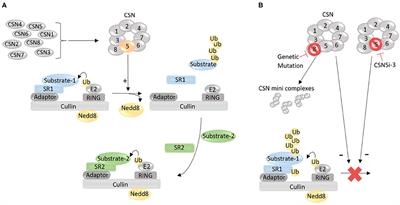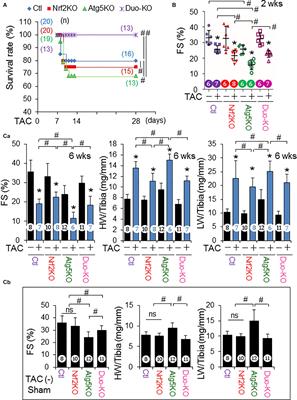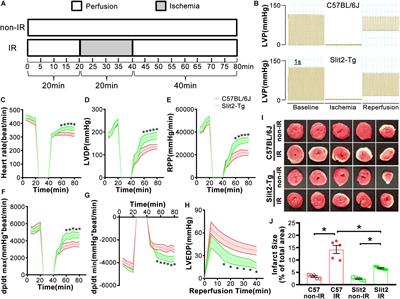EDITORIAL
Published on 30 Aug 2021
Editorial: Post-translational Modifications and Compartmentalized Protein Quality Control in Cardiac Muscle and Disease
doi 10.3389/fphys.2021.745887
- 850 views
18k
Total downloads
65k
Total views and downloads
EDITORIAL
Published on 30 Aug 2021
SYSTEMATIC REVIEW
Published on 28 Jun 2021

ORIGINAL RESEARCH
Published on 13 May 2021

REVIEW
Published on 12 Nov 2020

REVIEW
Published on 25 May 2020

ORIGINAL RESEARCH
Published on 06 May 2020

REVIEW
Published on 23 Apr 2020

REVIEW
Published on 08 Apr 2020

ORIGINAL RESEARCH
Published on 27 Mar 2020

REVIEW
Published on 27 Mar 2020
